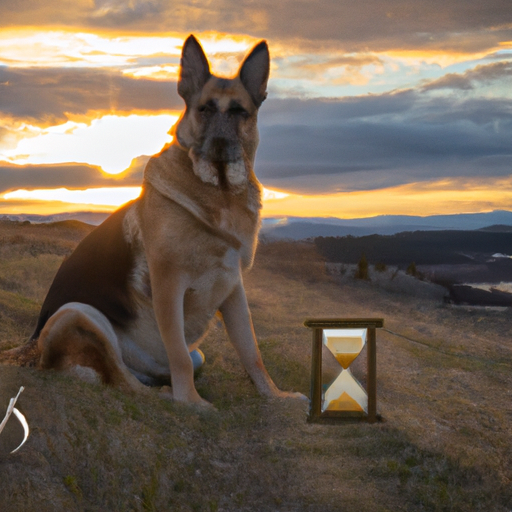“`markdown
How Long Do Large Dogs Live?
Understanding Your Large Dog’s Lifespan
You are the guardian of a large breed dog and you deeply care about their well-being. It’s important for you to understand that the lifespan of your furry friend varies greatly depending on a few factors. These typically include breed, genetics, diet, exercise, and regular veterinary care.
Factors Influencing the Lifespan of Large Dogs
As a caregiver, you may wonder why large dogs typically have a shorter lifespan compared to smaller breeds. Well, here’s the deal:
- Growth Rate: Large breed dogs grow faster and age quicker, which may lead to health complications.
- Genetics: Certain breeds are prone to specific health conditions that may shorten their lifespan.
- Weight: Larger dogs carry more weight on their joints, which can contribute to arthritis and other health issues.
| Breed | Average Lifespan |
|---|---|
| Great Dane | 6-8 years |
| Bernese Mountain Dog | 7-10 years |
| Mastiff | 6-10 years |
| Newfoundland | 8-10 years |
Caring for Your Large Breed Dog
Taking care of a large breed dog requires commitment and attentiveness. Here are some tips to consider:
- Provide balanced nutrition specific to large breeds
- Regular exercise to maintain a healthy weight
- Regular vet check-ups to monitor their health
- Mental stimulation to keep their minds sharp
Enhancing the Lifespan of Your Large Dog
While a large dog’s lifespan may be shorter, you can take steps to help them live healthier and longer lives.
- Diet: Ensure they are getting a balanced diet that caters to their specific needs.
- Exercise: Regular exercise helps maintain their weight and keeps them mentally stimulated.
- Veterinary Care: Regular vet visits are crucial to catch any potential health issues early.
- Love and Attention: Last but not least, your dog thrives on your love and attention. Remember, quality of life is just as important as quantity.
Frequently Asked Questions (FAQ)
1. Are there any large dog breeds that live longer?
Yes, some large breeds like the Belgian Malinois and Alaskan Malamute tend to live longer, averaging around 12-15 years.
2. How can I improve my large dog’s lifespan?
By providing a balanced diet, regular exercise, regular vet checkups, and plenty of love and attention, you can contribute to your large dog living a longer, healthier life.
3. Do all large dogs have shorter lifespans?
While it’s generally true that large dog breeds tend to have shorter lifespans, there are exceptions. Lifespan can also be influenced by factors such as diet, exercise, and medical care.
“`



